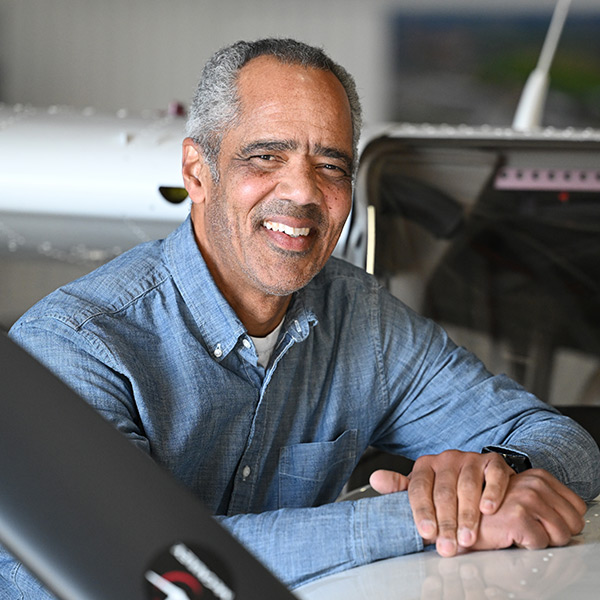Electric aviation infrastructure develops
Joby, Archer, Beta create charging network, apps for eVTOLs
History tells us it takes more than good aircraft to launch a successful air transport operation. So as electric vertical takeoff and landing pioneers move further into flight testing and closer to certification, they are increasingly focusing on what some might call the hard part: developing the vast, complex infrastructure needed to support them.
Joby, which appears to be among the leading companies planning to operate eVTOL air taxis, introduced a software suite called ElevateOS, designed to connect passengers with available aircraft in a manner similar to the way current ground-based rideshare systems work. Joby said it developed the software in-house after acquiring the Uber Elevate air taxi unit of rideshare company Uber in 2021. Uber Elevate operated the UberCopter on-demand ride service in New Yok City using traditional helicopters and enabling customers to book flights using the Uber app.
“The air taxi service we plan to deliver isn’t like any sort of air travel that’s existed before. We expect travelers to book on-demand and to be boarding an aircraft just minutes later, much like the experience of using ground-based ridesharing today,” said Eric Allison, Joby’s chief product officer. “We’ve built ElevateOS from the ground up to enable high-tempo, on-demand flights that will deliver true time savings and seamless mobility to customers.”
Reaching the goal of seamless mobility will also require a network of existing airports and new eVTOL-specific vertiports where the aircraft can take off, land, and recharge. As part of its plan to prepare the airport system for eVTOL operations, Archer Aviation entered an agreement with FBO chain Signature Aviation aimed at outfitting Signature’s more than 200 FBO locations to service eVTOLs.
The deal gives Archer access to takeoff and landing sites in major metropolitan areas across the United States and globally, including New York, Los Angeles, the San Francisco Bay Area, and Texas. The agreement includes plans to launch Archer’s air-taxi service at partner United Airlines’ hubs at Newark International and Chicago O’Hare airports.
Archer and Signature plan to use their existing partnerships with eVTOL developer Beta Technologies to install Beta’s rapid charging systems across Signature’s network of private aviation FBOs. Beta has installed its chargers at more than 20 airports across the United States and is developing 50 additional sites. The General Aviation Manufacturers Association recently endorsed the Beta charging system, which can also charge cars, buses, airport tugs, and other vehicles typically operating at airports.
The companies said they plan to electrify the first Signature launch locations as early as 2025, with expansion to follow as Archer produces more aircraft. Archer said its goal is to replace urban commutes of 60 to 90 minutes by car with electric air taxi flights taking 10 to 20 minutes. Archer’s Midnight aircraft, which recently completed its first transition from a vertical takeoff to horizontal cruise flight and vertical landing, is designed to carry a pilot and four passengers.




